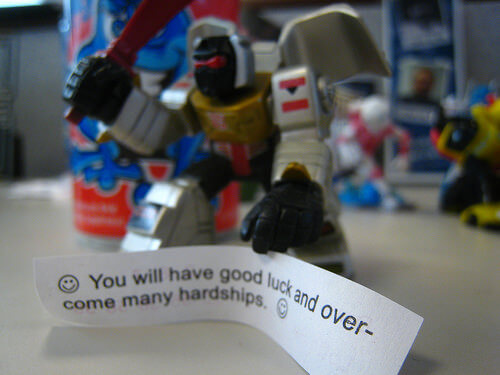If you’ve filed for Chapter 13 bankruptcy, or are thinking of filing one, you’re probably worried about what happens to your Chapter 13 Plan if your fortunes take a turn for the worse.
After all, Chapter 13 bankruptcy will stop creditors from harassing you and allow you to keep your property, but it can still be a struggle for to keep up with the Plan if anything happens to reduce your income.
Even if you could easily afford the payments when your Plan was confirmed, unforeseen circumstances like a job loss or a health problem could make it impossible to keep up with the payments. If you can’t keeping making your Chapter 13 Plan payments U.S. Bankruptcy Code has a provision called a Hardship Discharge that provides relief for debtors who can’t continue with a Chapter 13 bankruptcy. The hardship discharge is provided for in 11 U.S.C. 1328(b).
If you can’t complete the repayment plan, consider asking the court for a hardship discharge. In most cases, the discharge is only available when the following conditions are met:
- Through no fault of your own, you have experienced circumstances that are beyond your control that makes it impossible for you to continue to make plan payments.
- The payments made so far in the Chapter 13 Plan are at least as much as each creditor would have received in a Chapter 7 bankruptcy liquidation case.
- The repayment plan can’t be modified to allow you to continue making payments at a lower amount.
When the hardship is short-term, the courts in New York prefer that you work to modify your Chapter 13 Plan to call for a lower amount than was originally agreed upon until your situation changes. Given the difficult circumstances that so many New York consumers find themselves in these days, many of the judges are giving a close look at the hardship discharge as a way to move the case forward rather than risking dismissal or conversion to Chapter 7.
If you’ve experienced an illness or injury, your income could have been reduced dramatically or you may not be able to work at all. In some cases, you might not have any money left over once your basic living expenses are met. In fact, you might not even be able to meet those costs. In this case, a hardship discharge may be the answer. It will eliminate any debts that are dischargeable in a Chapter 7 bankruptcy.
Image credit: BenSpark (Flickr)
